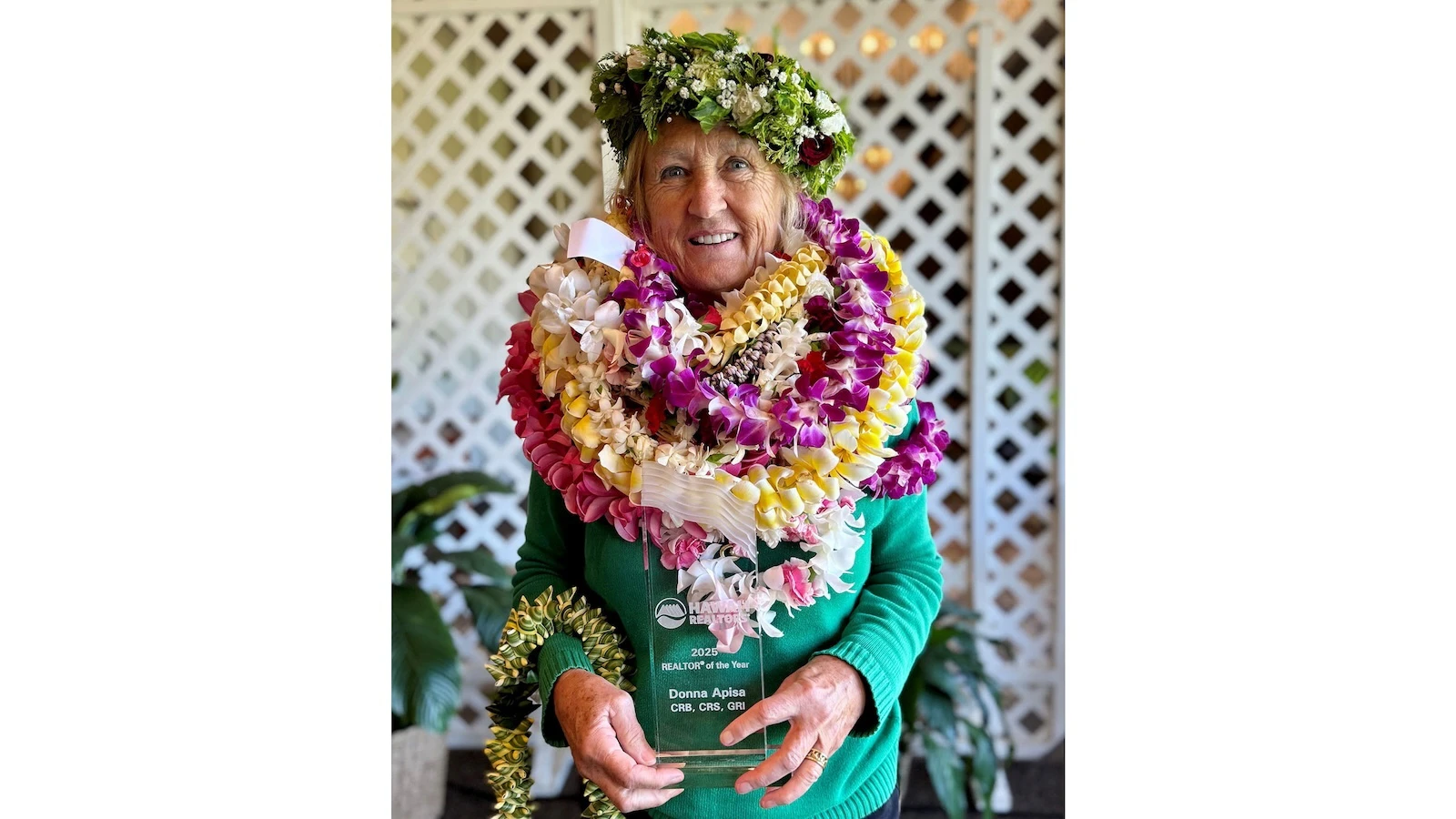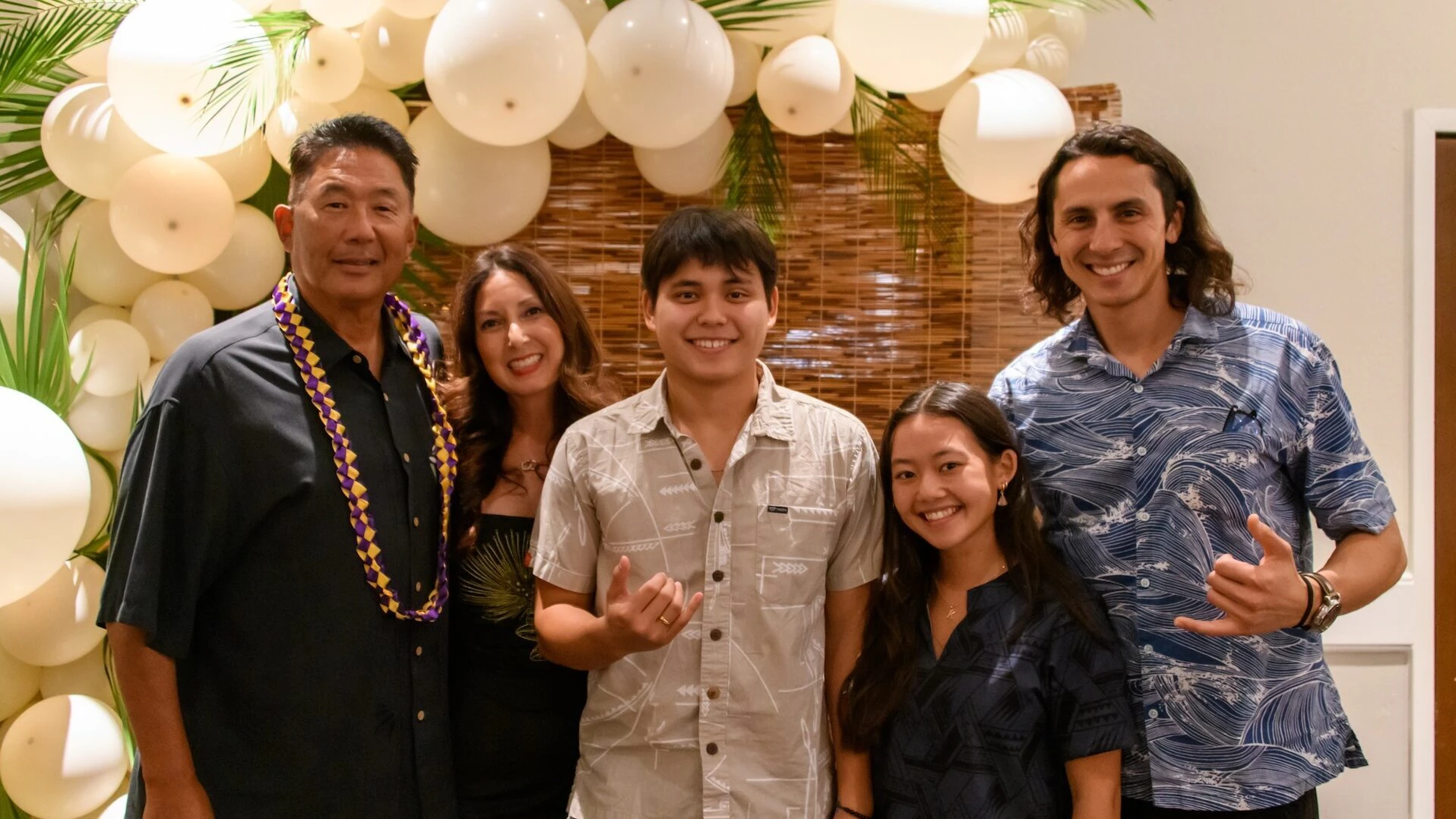Access to health care, especially in rural Isle communities, coupled with provider shortages and rising costs are some of the ongoing challenges the state and its partners in the sector have been up against for a while.
Recently, there have been wins for Hawaiʻi physicians including a new law beginning January 2026 that will exempt reimbursable medical services and goods provided at hospitals, clinics, pharmacies dental offices and more, from the state’s General Excise Tax (HB2404). Bills in the 2025 legislative session focused on continued funding for educational training programs at local universities and DOE schools (HB714) and a health care education loan repayment program (SB299), among other workforce initiatives.
Grassroot Institute of Hawaiʻi Policy Director Malia Hill recently addressed lawmakers in a research paper called “Why Hawai‘i lawmakers should adopt interstate telehealth.”
She cited the most recent report by the Hawaiʻi Physician Workforce Assessment Project; “the statewide shortage of 543 full-time equivalent physicians is actually closer to 768 after factoring in geographic limitations and the lack of specialty care on Neighbor Islands.”
“The ideal solution would be to recruit more doctors to live and work in Hawaiʻi,” Hill wrote. “However, it would be foolish to ignore the ways in which telehealth expansion could mitigate some of Hawaiʻi's problems related to lack of access and doctor shortages — without compromising patient safety.”
In the report, she recommended three policy options to improve health care access and outcomes in the state: establish a registration program for new, out-of-state providers with agreed upon terms; offer temporary or special licenses under specific circumstances; and enter into reciprocity agreements with participating states.
Hill told Aloha State Daily that during the Covid-19 pandemic, telehealth technology “became workable” and state leaders across the country “took down the barriers to cross-border telehealth, demonstrating how helpful it can be to people with more specialized conditions or those in rural areas – and you can get good outcomes, just as much as you would in-person care, in some cases.”
“Telehealth shouldn’t be the only choice, but it is an option” she said.
In 2023, Hawai’i rejoined the Interstate Medical Licensure Compact, which “means those who obtain a Hawaiʻi medical license through the compact will be able to engage in telehealth services with Hawaiʻi patients,” Hill wrote. “However, Hawaiʻi’s in-state licensure requirement for telehealth will continue to limit the use and scope of telehealth.”
“I get asked why these restrictions even exist and I have to say, well, you know licensing is older than telehealth," she told ASD. "If 50 years ago you could get good health care via a fax machine, you could see why people would have doubts about that. Times have changed. Technology and its offerings have changed, and I think people have to realize this technology is a really viable option.”
Telehealth reform nationwide is continuing to evolve, she said, noting that 27 states have some kind of exemptions to in-state licensing. She lists Florida’s telehealth registration model as an example for Hawai’i.
“Lawmakers concerned about public safety issues related to out-of-state telehealth might find it comforting that a registration model allows oversight of participating providers and protections for patients,” she wrote.
When asked about other solutions to Hawaiʻi’s health care worker crisis, Hill said, “There’s no on answer to the workforce shortage, that’s why we’re in favor of the compact, and there are more medical compacts that we could join. I think these compacts are a good approach to addressing our physician and medical staffing shortages."
She listed additional challenges for doctors here, such as the high taxation, cost of living and housing, and the difficulty of starting a business here in the state.
“The broadest, sweeping change would be for Hawaiʻi to just say, ʻSo long as you have a good license in the U.S., in any state, practice telehealth here.’ I don’t present that as an option because that is politically speaking, unrealistic.”
“I think if you read the paper in full, you’ll see that I am not advocating for anything that would endanger people. I’m advocating for more options,” Hill said. “The ideal situation is if we get a bunch of incredibly talented doctors to move to Hawaiʻi, but you have to work in the reality, not the ideal. We need to find practical ways to address the problems.”
She said an oncologist reached out in response to the paper, commenting on the access of specialty health care across the Islands. “If we had cross-border telehealth, it would be that much easier for a cancer patient to get help from a specialist at Harvard or UCLA,” Hill said.
Telehealth encompasses more than just opening a computer and visiting with a doctor online, she added. “There’s things like remote monitoring and even something as simple as scans getting sent from place to place. ... It has a lot of potential, we just need to continue educating people.”
Bradley Kuo, a board certified family nurse practitioner and psychiatric mental health nurse practitioner, founded Wellness Partners Hawaiʻi Inc. in 2017 and serves as its president and CEO. Since January, the company has offered its partial hospitalization program and intensive outpatient program for “adults who require intensive care but do not need 24-hour supervision,” the website notes.
He replied to the Grassroot Institute's paper on LinkedIn.
"Telehealth is important. But Hawai‘i’s future doesn’t lie in deregulation for convenience. It lies in thoughtful reform, strong oversight and growing a health care workforce that knows us, sees us, and stays with us," he wrote. "Let’s not outsource care. Let’s build it here."
Kuo told ASD that Wellness Partners Hawaiʻi started in response to health care worker shortages on the Neighbor Islands. “I used to work at Queen’s and when it was time to discharge folks, we had a really hard time finding mental health providers. So, we started a telehealth company. It grew most significantly during Covid. We had about six part time staff members to now over 30 employees.”
As a telehealth provider, he emphasized, “I am supportive of telehealth. But it is my strong belief that these individuals need to be fully licensed in the state of Hawaiʻi, whereas this paper is not advocating for them. It’s a weakening of checks and balances that make sure providers are practicing appropriately and taking good care of our residents.”
“My company – myself and the providers – are all very well established here in the state,” he said, noting that’s what allowed Wellness Partners Hawaiʻi to mobilize during the 2023 Lahaina wildfires. “If we did what the Grassroot Institute suggests, would we have the providers to be able to jump into a disaster like this or would we already be at a deficit because our [health care] infrastructure has been weakened?”
“This idea of having telehealth providers who are not directly licensed with our state means that they could potentially erode the infrastructure of providers that we already have,” Kuo continued, “There’s the possibility of providers, working within the state of Hawaiʻi, who are not going to be vetted by their colleagues and the folks on the [various] boards, and they would be able to practice in the state via telehealth with very limited oversight. That’s a major concern.”
When asked about other solutions, he said, making health care tax exempt is one. “Health care is a right, in my opinion. And so, when we tax it like a business, that’s problematic. That now makes it more difficult for providers to establish themselves and maintain their presence here in the state.”
“I am interested in finding solutions, but I think that the solutions we develop need to be grounded in our communities, not something that is being pulled from the Mainland because we really need to rely on our health care infrastructure.”
Kelsey Kukaua Medeiros can be reached at kelsey@alohastatedaily.com.





